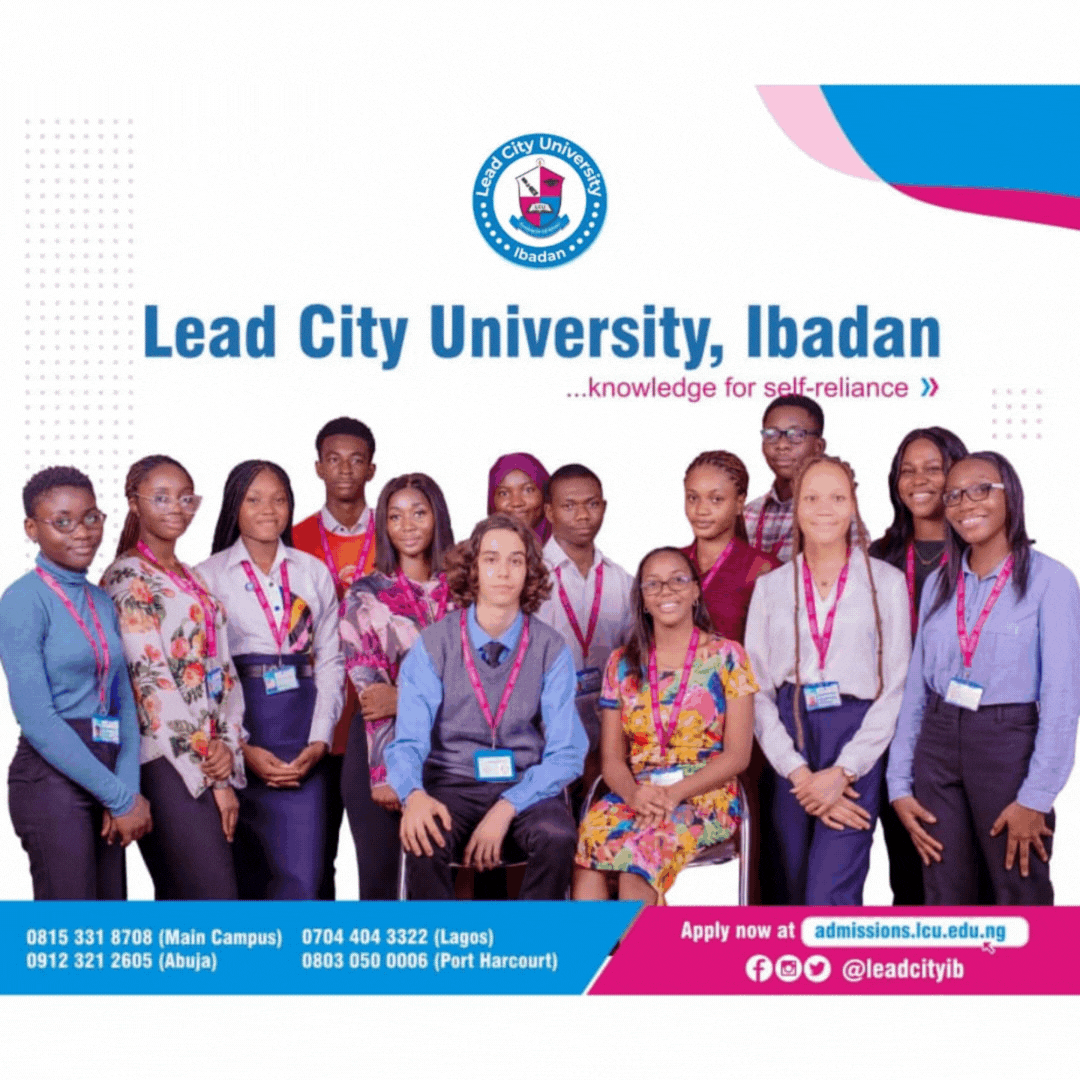By Adewale Kupoluyi
The Nigerian Bar Association Section on Business Law had the Series 14 of the Business Law Weekly titled, “Topical Issues in Construction and Infrastructure Law & Practice in Nigeria”, which was facilitated by Andrew Odum (SAN); Vice Chair, Construction Project and Infrastructure Committee of NBA-SBL, and Emmanuel Dike, Managing Partner, Jasmine Advocates. The Chairman, Media and Publicity Committee of NBA-SBL, Dayo Adu, has identified key takeaways from the fireside chat, as follows:
Between Construction Contracts and Regular Contracts
Emmanuel Dike began by stating that every construction transaction begins with a contract between the parties; contractor and project owner, known as construction contract. Unlike the regular contract that is governed by a single legislation such as the Contract Law of the various states, the construction and infrastructure sector is not governed by a comprehensive legislation, but by diverse legislation, regulations and ethical guidelines. A fundamental disparity between these two forms of contract is the presence of specific industry/trade terminologies, the omission of which renders the meaning and intentions of the contract incomplete. He observed that a complete construction contract must cover the parties’ intentions and operations from conception of the idea to the commissioning/handover of the project without any complication arising from it.
Dike added that it is not a pre-requisite that all the terms and conditions of a construction contract must be contained in a single document. He posited that terms of the contract can be scattered across several documents so long as reference and referral is made to the various connecting documents. Construction deals with a lot documentation such as letter of award and tender document. He emphasised that all these documents must contain specific terms such as “lump sum”, which indicate that the terms cannot be subjected to variation or “reimbursable contract” to indicate contracts that the entire cost plus a small margin, may be refunded to the contractor. Other terms include “design contract”, “design and build contract”, and “engineering procurement contract”, among others.
Dispute in Construction Agreement
The Managing Partner of Jasmine Advocates while discussing the factors that cause dispute and conflict in construction agreement, stated that the first and foremost factor is the issue of variation of order. “This is the change in choice of design or terms by any of the parties usually the project owner. The second factor is the inability to meet deadline. This could be either on the part of the contractor or the project owner. Progress in construction is calculated in mileage. Failure of contractor to complete a specific work within the expected schedule of the work impacts on the speed of the work and that creates conflict especially when payment is based on the completion of each mileage”, he said. On the part of the owner of the project, Dike opined that delay in payment can equally result in an inability to meet deadline, suggesting that to resolve these conflicts, contracts should provide for compensation in the form of liquidated damage, where costs is specified, or ascertainable damages using an independent valuer, if the amount is not included in the contract.
Limiting Disagreement Arising from Change Order (Variation)
Speaking further, Dike hinted that change order, also known as variation, is an administrative issue, usually between the contractor and the supervisor, or project owner and that, this takes place when the project owner instructs the contractor to change either the scope or the terms of the project resulting in a party incurring expenses and cost. He proposed that, to avoid the incidence of change order, contracts should provide for remedies for variation and where the variation is of a minor scope, an extension of time should be provided for and this would enable the contractor complete the project. The learned counsel informed that terms of the contract should also allow for employment of extra labour where necessary. However, if the scope is of a large nature, to incur additional cost, then compensation for additional cost is to be given to the party bearing the cost. He mentioned that the absence of remedial measures can lead to an interpretation of the change order to be an alteration of the contract.
He expounded that variations having such large scope is usually found in bespoke contracts. This is because bespoke contracts do not contain familiar terms, as found in standard form contracts, which are used as models by other contractors. “Standard form contracts are pre-negotiated contracts. which form has been tested and approved as a result of long and satisfactory usage, then further reduced into printed forms for subsequent use. There is an assumption of understanding of the terms contained in it by the parties. Two factors impact the choice of a standard form contract. They are nature of the work or project, parties involved, that is whether they are private persons or government entities. The Federal Government has contract forms for building works, roads and bridges. The Bureau of Public Procurement (BPP) also has contract forms for public works. Where the parties are private persons”, he stated.
Dike advised that contract forms by the Joint Contract Tribunal should be adopted, saying that every lawyer must understand the nature of his client’s work in order to advise correctly on the appropriate standard form to adopt. He further stated that contrary to the belief on the rigidity of standard form contract, the terms of a standard form contract can be negotiated. This is to be done by drafting an additional agreement by amending the standard form contract where the latter contains terms that cannot be executed and where there is conflict between the standard form contract and the additional agreement, the latter document prevails.
Adjudication as a Means of Resolving Construction Dispute
The Managing Partner of Jasmine Advocates enumerated the methods of resolving disputes in construction to include litigation, arbitration and adjudication. According to him, the most preferred method is litigation. He further stated that arbitration would come in to solve the inadequacies of litigation. Adjudication, on the other hand, is the bridge between negotiation and arbitration, noting that is the simplest, fastest and cheap method of dispute resolution. He emphasised that adjudication is necessary in a project to prevent abandonment of the project. “The adjudicator should always be present at the site to attend to conflicts at the site. After adjudication, the resulting decision is usually temporary and the duration to challenge it is short. However, if it is unchallenged upon expiration of the stipulated period, the decision becomes binding on the parties”, adding that in Nigeria, “We practice contractual adjudication, as opposed to statutory adjudication, being practiced in other jurisdictions. Contractual adjudication simply means that the decision of the adjudicator can be enforced as a contract”.
Construction Law and Public-Private Partnership (PPP) Arrangement
Dike explained further that the PPP arrangement is an investment by private individuals in public; government-owned infrastructur
He stated that after building, most contractors are expected to operate and maintain the project. At this stage, there would still be issues of contractual agreement, hence the need for construction law, at every stage of the project. On a final note, the learned silk, Andrew Odum (SAN), while rounding off the session, said that the key to building a great practice in construction law is networking and mentoring. He stated that, this is where the importance of the NBA-SBL cannot be over emphasised. “Young lawyers seeking to build a career in construction law must endeavour to be members of the Construction and Infrastructure Law Committee of the NBA Section on Business Law”, Odum added.
Dr. Kupoluyi is a member of the Nigerian Bar Association Section on Business Law (NBA-SBL)
Share your story or advertise with us: Whatsapp: +2347068606071 Email: info@newspotng.com

















